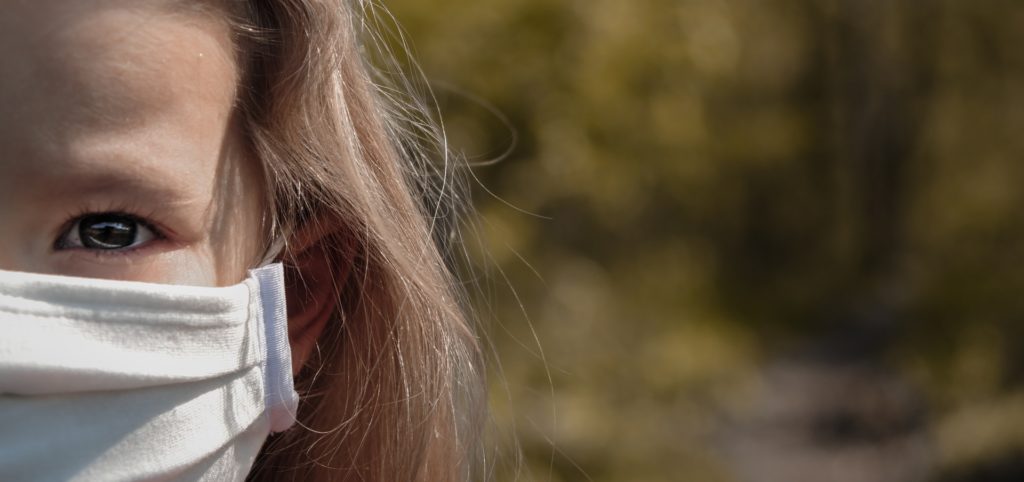New York and many other states have lifted the strict lockdown restrictions. After spending months “trapped” indoors, many families are trying to figure out how to transition out of quarantine and resume a new normal in the shadows of the coronavirus. Author, psychologist, and therapist, Dr. Jayme Albin, offers advice on helping kids face these unchartered realities.

As we begin to venture out for the first time, Dr. Albin says many children might be confused or hesitant about the changes. After spending so much time sheltering in place to avoid infection and contagion, it can be scary to think about heading out. She recommends seven things parents should do to support children:
- Be open: take the time to explain the changes to the lockdown restrictions. Have age-appropriate conversations about what the new protocols are and why it is OK to change what you’ve been doing so far. Validate their feelings (fear, uncertainty, confusion), but also highlight the new opportunities that are being offered now. Parents do not (necessarily) have to have all the answers to kids’ questions, but allowing them to ask freely gives them a sense of calm and assurance.
- Let them lead: Have your son or daughter think of ways they can safely interact with their friends. Get them to consider what feels right for them and what they are comfortable with. Simulate a playdate and ask them to consider responses to a peer or adult not following the rules.
- Give them time: Despite the immediate way corona took over our lives, a re-entry to normal is gradual. They may some time to figure out their comfort levels with the new rules, and that is OK. Don’t rush them to do anything and give them the reigns to decide what they want to do and who they want to meet up with first.
- Stay connected: Have them check in with peers, cousins, and other family members. These connections with loved ones will remind kids that the people in their lives (outside of immediate family) have not disappeared.
- Safety first: Remind your kids that rules are designed to protect them and that people in charge are weighing risk factors and evaluating data all the time which is why things change. Eventually, things will go back to the normal they knew, but for now, all the new regulations are focused on their wellbeing.
- Be together: The last few months have afforded increased quantities of family time. Make sure that some of that is infused with quality interactions as well. Do some of the things your kids love to do together as a family. These meaningful encounters with you assures your kids that even as things change, you are still there for them. It is also a great way to get them talking about their feelings, worries, anxieties.
- Stay on schedule: Maintaining a regular routine, with consistent mealtimes, bedtimes, play hours, etc. enhances a sense of safety.
The pandemic has brought many new challenges to children’s mental health. Dr. Albin reminds you that if your child is experiencing extreme behaviors and is not handling the gradual transition back to a new routine well, reach out to a children’s mental health professional.

Sorry, comments are closed for this post.